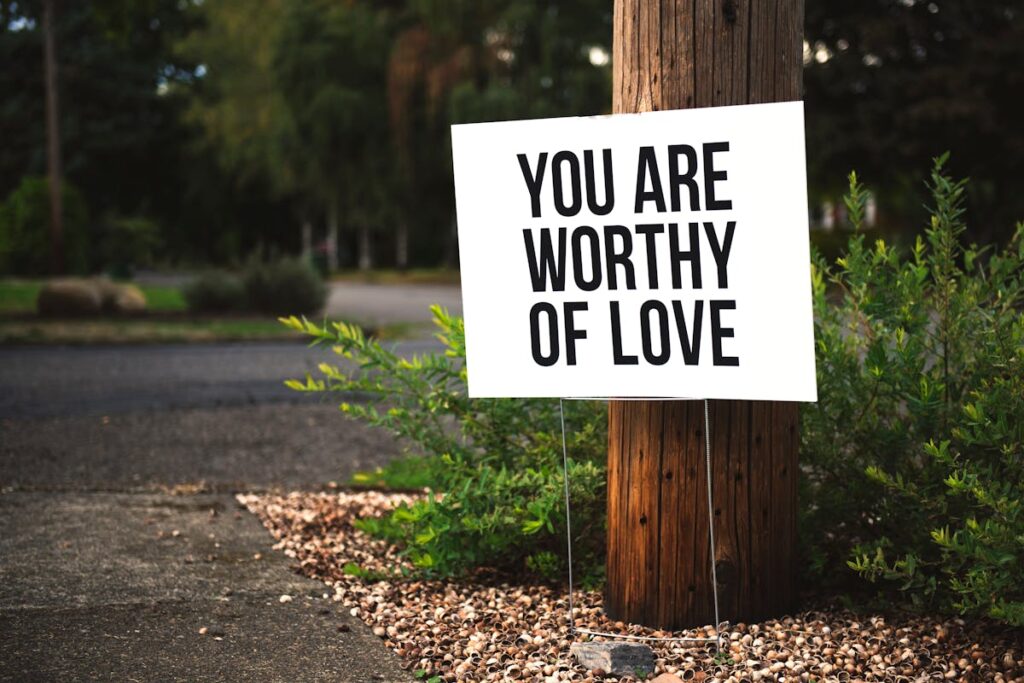
How do we value a person? How should we value a person? The first question concerns what is, the second what ought to be. But to ask them together suggests a hidden third: what is our duty in the face of this question? It is not enough to analyze. The heart demands an answer.
The modern world does not hesitate in assigning value. It does so with numbers, with wages, with votes, with measures of productivity, with assessments of intelligence or usefulness. A man who produces much is said to be of great worth. A man who produces nothing is considered a burden. This is not new. What is new is the claim that this system is just. In ancient societies, it was understood that power determined value. A king was worth more than a peasant because he held power. This was never fair, but it was honest. Today, we pretend that value is earned, that wealth and recognition flow naturally to those who contribute most. This is a lie. What is truly measured is not contribution but position, not effort but advantage.
But even if this system were just, would it be right? If we measure a person’s worth by their contribution, we imply that the sick, the disabled, the weak are worth less than the strong. The child is worth less than the adult, the elderly less than the young. By this logic, those who cannot work should be discarded. This is a monstrous idea, yet it is the natural consequence of equating value with utility. And if we try to soften this conclusion—if we say that all should be cared for, even the useless—we do not escape the trap. We merely allow that the weak may live at the mercy of the strong.
What then is the alternative? Some say that every human being has equal value simply by being human. This is a noble idea, but what does it mean? To say that a man is equal to his neighbor is a statement of law, not of feeling. A society may enforce equality in rights and protections, but no law can force the human heart to value all equally. Love does not follow dictates. It moves as it moves, drawn to some, indifferent to others. And yet, if we consider ourselves bound to justice, we must ask: on what grounds do we allow ourselves to weigh one life against another?
It is true that some give more than others. Some create, some labor, some teach, some heal. Others destroy. Some steal, exploit, consume without giving anything in return. It would seem reasonable to say that those who build are of greater worth than those who destroy. But if we follow this thought to its conclusion, we are forced into judgments we cannot bear to make. Does a newborn child have value? By what has he contributed? Does a beggar deserve to live, if he takes but does not give? And if we say that value is found in potential, do we not then claim to see the future? Who among us knows what a man will become?
The only truth that remains is that we must not measure. The moment we begin to assign worth, we make ourselves judges over life itself, and this is a power no human being can wield justly. To measure is to compare, and to compare is to prefer. We have no right to preference when it comes to the value of lives. The one law that is certain, the one duty that is clear, is that we must not refuse the needs of another. To refuse is to pass a judgment of worth, and we are not fit to judge.
This is not to say that we do not see difference. A wise man is not the same as a fool, nor a saint the same as a murderer. But these are differences in character, not in value. We may admire one, despise another, but we must not conclude that one is worth more than the other. To do so is to become blind. The moment we say, “This person matters more,” we open the door to cruelty. Every horror of history begins here.
There remains the question of justice. If we do not measure worth, how do we determine reward? How do we ensure that those who give are not left in want while those who take prosper? The answer is not simple, but it begins with humility. If we abandon the idea that wealth and status reflect merit, we can see more clearly what must be done. No one should suffer for lack of food, shelter, dignity. Those who have should give to those who have not. This is not kindness; it is duty. It does not matter whether a person has earned help. Need is enough.
At the heart of this issue lies the question of what we recognize in another. When we look at a man, do we see a being who exists for our use, to be measured, evaluated, assigned a rank? Or do we see a soul, as real as our own, bearing the weight of existence just as we do? If we see the first, we will always calculate. If we see the second, we will know that calculation is impossible. A human being is not a number. A life is not a sum.
To live rightly is to refuse to ask, “What is this person worth?” Instead, we must ask, “What does this person need?” The answer to that question is the only measure we should ever use.
Join us in making the world a better place – you’ll be glad that you did. Cheers friends